ChatGPT: Friend or Foe? Exploring the Impact on Professional Writers
The emergence of AI-powered language models like ChatGPT has ushered in a new era in content generation and communication. These advanced AI systems are capable of producing human-like text, engaging in meaningful conversations, and assisting users in various writing tasks. While the technology is undoubtedly impressive, it has also raised concerns among professional writers regarding its potential impact on their craft and job security. In this article, we'll delve into the question of whether ChatGPT is a worry for professional writers and explore the nuances of this evolving landscape.
The Rise of AI Writing Assistants:
ChatGPT and similar AI models have demonstrated remarkable proficiency in generating written content. They can draft emails, create marketing copy, offer language translation, and even provide creative storytelling. As a result, they are often viewed as powerful writing assistants, capable of streamlining the writing process and enhancing efficiency.
Pros for Professional Writers:
Increased Productivity: AI writing assistants can help writers complete routine tasks more quickly, allowing them to focus on more complex and creative aspects of their work.
Enhanced Editing and Proofreading: These tools can catch errors and inconsistencies that might be missed by human writers, leading to higher-quality content.
Idea Generation: AI-generated content can serve as inspiration or a starting point for writers, helping them overcome writer's block.
Language Translation: AI models can facilitate communication with a global audience by providing accurate translations.
Accessibility: AI-driven content can make information more accessible to a broader audience, including those with disabilities.
Cons and Concerns:
Quality Control: While AI can produce content quickly, it may lack the nuanced understanding, creativity, and cultural context that human writers bring to their work.
Originality: AI models generate content based on patterns in existing data, potentially leading to issues of plagiarism or unoriginality.
Job Displacement: The fear of AI replacing human writers is a legitimate concern. Some worry that businesses may prioritize cost-effective AI-generated content over human-created work.
Loss of Creativity: Overreliance on AI may stifle the creative process for writers, as they may become overly dependent on automated suggestions and ideas.
Ethical Considerations: Deciding when and how to use AI-generated content ethically can be challenging, especially in fields like journalism and academia.
A Collaborative Approach:
Rather than viewing ChatGPT and similar AI systems as threats, professional writers can adopt a collaborative approach. These AI tools can complement the skills of human writers by automating repetitive tasks, offering suggestions, and providing additional resources. Writers can focus on higher-level tasks such as strategy, research, and storytelling, while AI handles the more mechanical aspects of content creation.
The advent of ChatGPT and AI-powered writing assistants need not be a source of anxiety for professional writers. Instead, it can be seen as an opportunity to evolve and adapt in a changing landscape. By embracing these tools as aids rather than replacements, writers can harness the power of AI to enhance their productivity and creativity. The future of professional writing may involve a harmonious partnership between human creativity and AI efficiency, ultimately benefiting both writers and their audiences.
